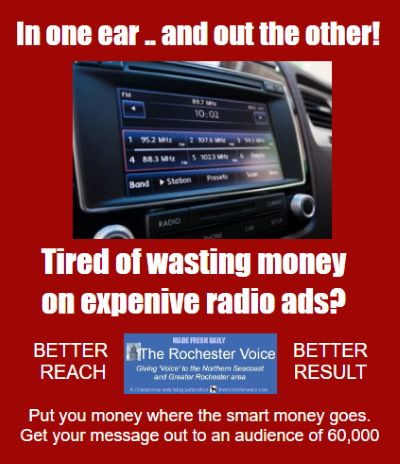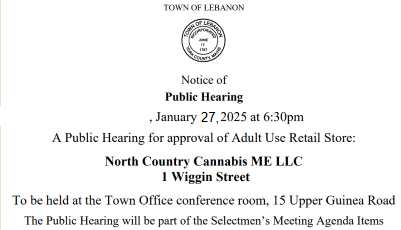
ROCHESTER - The City of Rochester is addressing an ongoing and costly issue caused by non-woven wipes clogging the sewer system. These wipes, often labeled as "flushable," contribute to sewer backups, environmental violations, and increased maintenance costs despite leaving household plumbing without issue.
Non-woven wipes, including baby wipes, cleaning wipes, and disinfecting wipes, are durable, single-use products that accumulate in the sewer system, leading to significant challenges including:
Sewer system overflows in multiple neighborhoods.
Increased maintenance costs, including equipment replacements and staff overtime.
Rising sewer rates for residents
Health and safety risks for City employees tasked with clearing blockages.
Residents are urged to dispose of wipes in the trash, even if labeled as "flushable."
Additionally, the City of Rochester is monitoring federal legislation addressing the issue. The Water Infrastructure Pollution Prevention and Environmental Safety (WIPPES) Act, introduced in the U.S. Senate (SB 1350) by a bipartisan group that includes Senator Jeanne Shaheen, seeks to require clear "Do Not Flush" labeling on certain disposable wipes. A similar bill (HR 2964) has already passed in the U.S. House of Representatives.
If enacted, this legislation would establish national standards for labeling wipes to reduce the strain on municipal sewer systems.
Residents are urged to dispose of wipes in the trash, even if labeled as "flushable." These products combine with fats, oils, and grease to create blockages that cost utilities across the nation over $1 billion annually in maintenance and repairs.
The City of Rochester has made resources available on the Public Works website to educate residents on proper disposal practices. Visit www.rochesternh.gov/public-works to learn more.













